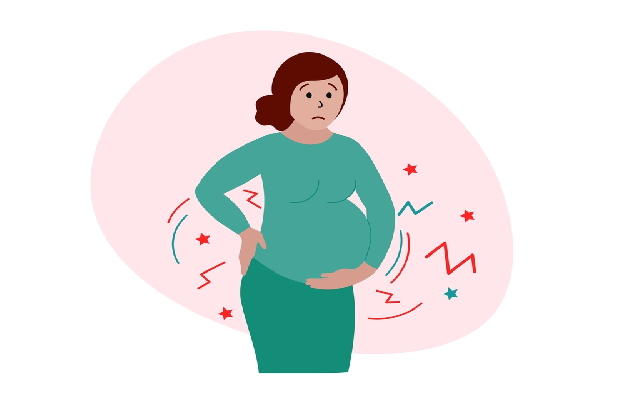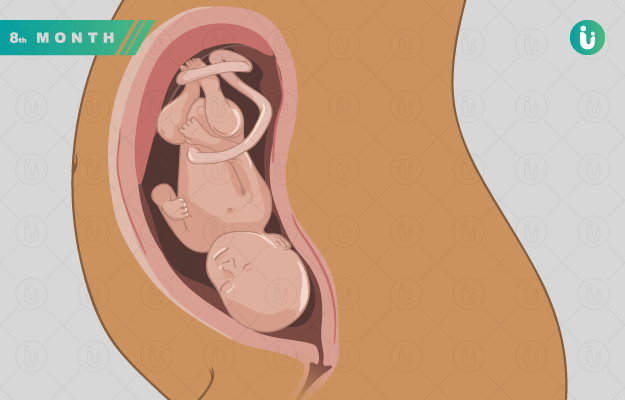Every parent-to-be wants their baby to arrive safely and be healthy. But pregnancy is a long journey, and there can be unprecedented ups and downs during it. There are many complications of pregnancy that can cause your baby to be born prematurely, including gestational hypertension, gestational diabetes, poor prenatal care, improper pregnancy diet, cervical insufficiency, abnormal uterus, infections, and drug or alcohol abuse.
A baby born before 37 weeks of pregnancy is said to be premature. Premature babies are often referred to as preemies. According to the World Health Organization (WHO), about 15 million babies are born prematurely each year all over the world, which means more than one in 10 babies globally is premature. A staggering 60% of preemies are born in sub-Saharan Africa and South Asia. As per the National Health Portal’s 2010 data, out of the 27 million babies born in India annually, 3.5 million are premature.
A few decades ago, premature labour and delivery were major causes of infant deaths around the world. But advances in healthcare methods, services and technologies have reduced the risks of infant mortality to a large extent. Access to these facilities and parental awareness plays a huge role in saving the lives of premature babies. This is basically because preemies need extra care.
Preemies not only have lower birth weight but they also have underdeveloped organs, including the brain and lungs. All preemies require hospital care in a neonatal intensive care unit (NICU) during the early days after their birth so that these underdeveloped organs can be given proper support. This care needs to be extended even after the baby is discharged from the hospital and you’re allowed to take him or her home. Despite all the care, preemies tend to be more susceptible to infections and have a higher risk of developing chronic illnesses that plague them all through their life.
Giving your preemie a good start in life is therefore of the utmost importance. You need to be aware of how to best provide the care that your baby needs during these crucial early months of his or her life. Read this article to find out everything you need to know about caring for a premature baby.















































